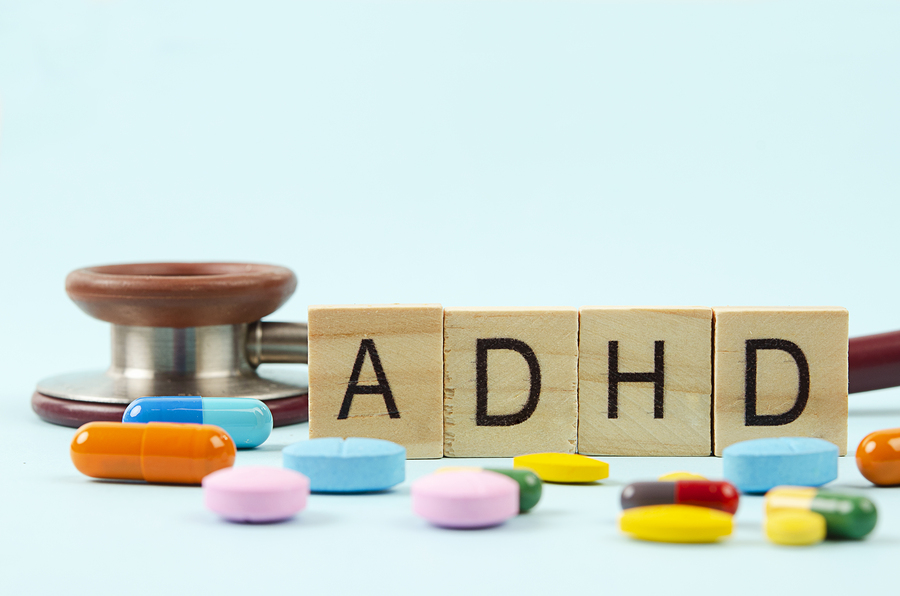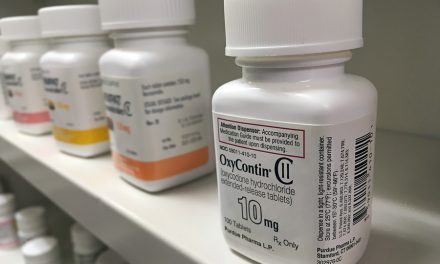A new large study following teens and young adults with attention deficit-hyperactivity disorder (ADHD) who received amphetamines like Adderall for treatment, found they actually have a higher risk of developing psychosis, compared to those who receive methyphenidates stimulants like Ritalin. The results were published in the New England Journal of Medicine.
“Using two national insurance claim databases, the authors followed 221,486 teens and young adults ages 13 to 25 with ADHD who were prescribed a stimulant for the first time between the years 2004 and 2015. Half received amphetamines such as Adderall and half received methylphenidates such as Ritalin.
A total of 343 of the teens and young adults who were followed — or one out of every 660 young people — developed an episode of psychosis in the few months after starting on a stimulant. The risk for this rare but serious side effect was twice as high — 0.21 percent — for those taking amphetamine, compared to 0.1 percent for those taking methylphenidate,”1
RELATED STORY:
Currently, methylphenidate or amphetamine is recommended as the first line of treatment in those experiencing ADHD symptoms (if medication is required):
- teens and young adults were four times more likely to receive a prescription for an amphetamine like Adderall in 2015 compared to 2004
- and 1.6 times more likely to receive one for methylphenidates like Ritalin
But at issue is the subtle differences in the way the two affect dopamine systems in the brain. According to Moran, “both stimulants work through dopamine pathways in the brain, but Adderall is more likely to cause a release of dopamine, whereas Ritalin is more likely to block the re-uptake, allowing it to linger. The surge of dopamine during a psychotic episode most closely mimics that seen after stimulant use like Adderall, which may explain some of the findings.”1
RELATED STORY:
Moran and her team focused on teens and young adults who were taking stimulants for the first time and emphasized that for those who have been on these medications for a while, and taking them as prescribed, the risk is likely even lower. (Although more study is needed.)
However, there are also those who believe ADHD is very often over diagnosed or erroneously diagnosed. What do you think? If you had a child diagnosed with ADHD, would you medicate them or try a natural route, first?
SOURCE:












